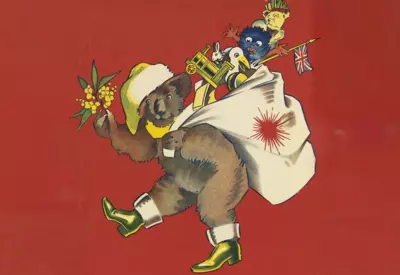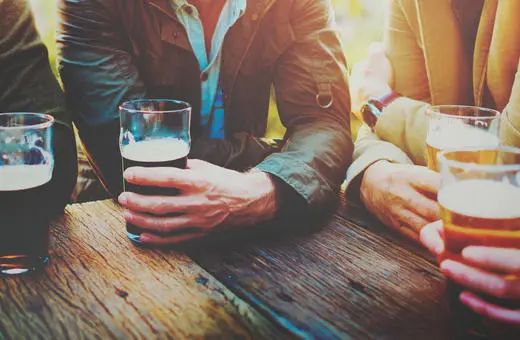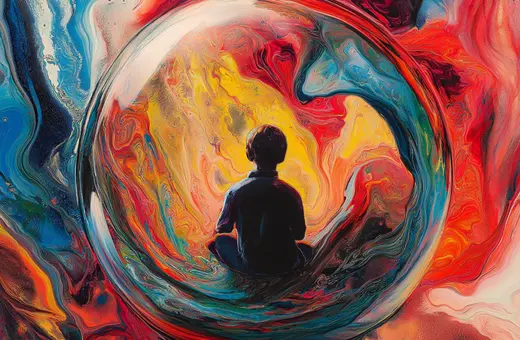The holidays are coming, as they do every year, and those celebrating are preparing for a series of rituals more or less the same as every other year. But far from being a cause of existential ennui, this repetition is key to what makes the holidays so special. Humans crave regularity and predictability, and the holidays give us a sense of security that alleviates stress and anxiety, argues Dimitris Xygalatas.
It’s the most wonderful time of the year, at least if we are to believe the famous lyrics. Yet, to an observer unfamiliar with holiday celebrations –perhaps the proverbial anthropologist from Mars– they can seem rather monotonous.
 SUGGESTED READING
Christmas traditions don't need religion
By Alexis Papazoglou
SUGGESTED READING
Christmas traditions don't need religion
By Alexis Papazoglou
Year after year, we gather with the same people to enact the same rituals, eat the same food, put up the same decorations, and sing the same songs. Fiddle with the TV remote control and chances are you can catch Home Alone or the Grinch – again. Walk into a shopping mall and you will hear familiar music playlists on a loop as you recognize the smell of pumpkin spice from last year, and the year before.
___
Rather than being a bug, repetition is a key feature behind the appeal of holiday celebrations.
___
All this can make the holiday season feel like Groundhog Day. Doesn’t reliving the same events year in, year out become a nuisance? As it turns out, it doesn’t. Rather than being a bug, repetition is a key feature behind the appeal of holiday celebrations.
Since ancient times, human cultures around the world have used rituals to mark important seasonal changes. The North American tradition of Thanksgiving was a celebration of the annual bounties of the harvest. In India, the colourful Holi festival announced the arrival of spring. And in many parts of the world, summer and winter solstice rituals often go back thousands of years.
___
Human beings crave control —over their environment, over their lives, over themselves. This is why unpredictable situations are stressful.
___
In pre-industrial societies, where most people depended on the land for their livelihood, those natural cycles of renewal were crucial to their survival. The regularity of the observances provided a sense of stability and control over their unpredictable environment. Today, even as most of us live in very different environments, these celebrations still serve similar functions.
Human beings crave control —over their environment, over their lives, over themselves. This is why unpredictable situations are stressful. The regularity of seasonal rites provides an anchor in the storm that is our world. We may not know what lies ahead in our distant future, but we can count on our annual holiday get-together. The reliability of ritual is comforting –so much that changes to it may feel disturbing.
As an anthropologist, I have often heard people claim that their rituals have always been the same. In reality, those rituals may change over the generations, but to their practitioners they seem written in stone: not merely unchanged, but in fact unchangeable.





















Join the conversation